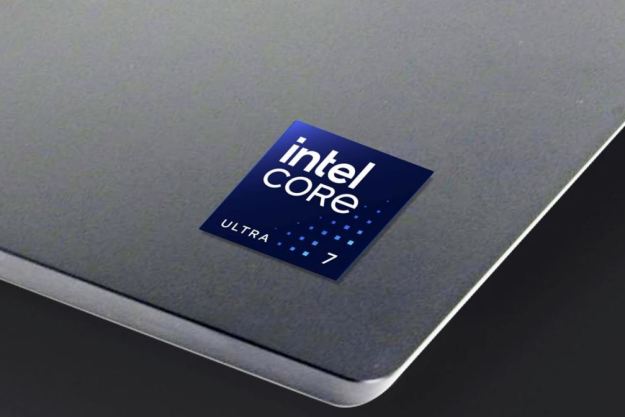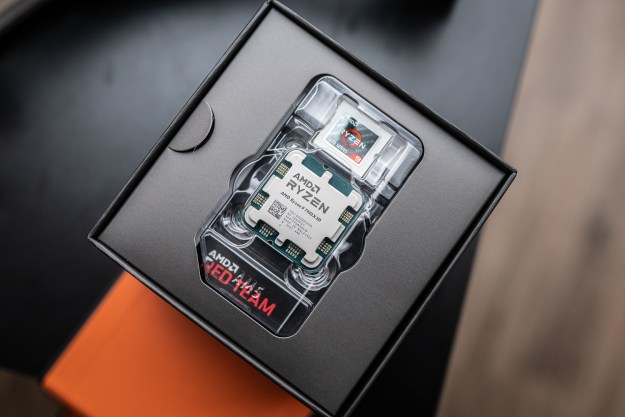Big quote from the article:
“A LITTLE OVER A YEAR ago, while media attention was affixed firmly on the Superbowl, Intel discreetly let slip a brand-new, vastly rearchitected CPU core that, by all rights, should have been called the Pentium 5. The “Prescott” CPU core, as we now know, became somewhat infamous for its particular combination of tepid performance and gluttonous appetite for power (and corresponding prodigious heat production). This was the processor that supposed to make it to 4GHz and never did, the CPU that convinced Intel that the future was in dual-core designs and “platformization.” It may not have been a resounding success or a complete failure, but it was certainly consequential, despite its quiet introduction.
Today, in the dead of early Sunday morning, Intel is meekly unveiling another new Pentium 4 processor core, and it may be just as consequential. The Pentium 4 600 series is a new tier of performance-oriented Pentium 4 processors that will be sold alongside the existing P4 500 series. Based on the Prescott design, the 600-series core adds key features intended to pep up Prescott’s performance and curb its power consumption. Not only that, but these are 64-bit CPUs. With the introduction of a 64-bit version of Windows approaching, Intel has finally turned on Prescott’s dormant support for the 64-bit extensions to the x86 instruction set pioneered by AMD.
Recent lottery winners will also be pleased to learn of the emergence of a new Pentium 4 Extreme Edition processor. Based on the same new CPU core as the 600 series, this puppy runs at 3.73GHz on a 1066MHz front-side bus, and it has 64-bit support, as well.
Can this new variation of the Prescott core help Intel recapture its supremacy in desktop processor performance? We’ve had Intel’s new CPUs on the test bench for over a week now, and we have some answers.”
Editors' Recommendations
- The only Intel CPU you should buy is over a year old
- Intel just launched the ‘world’s fastest’ CPU
- Intel CPU gaming crashes are causing an uproar
- The best Intel processors for 2023
- Intel’s Raptor Lake refresh prices have leaked, and hikes are on the way


